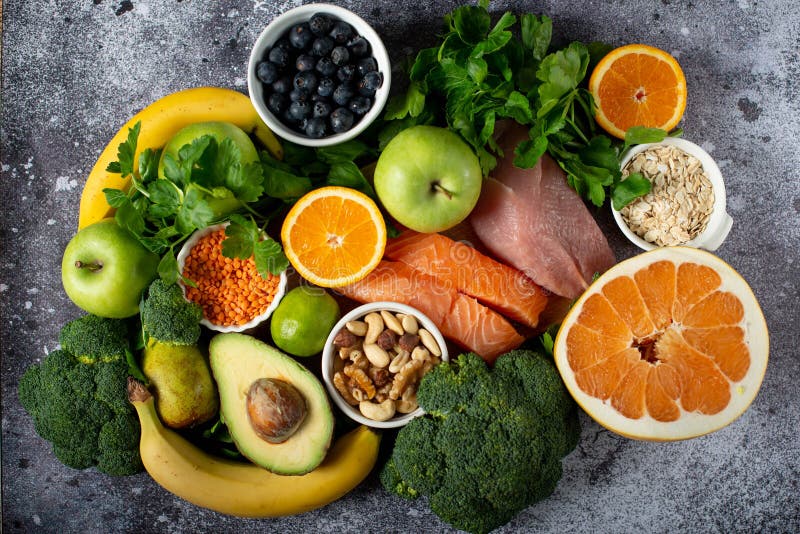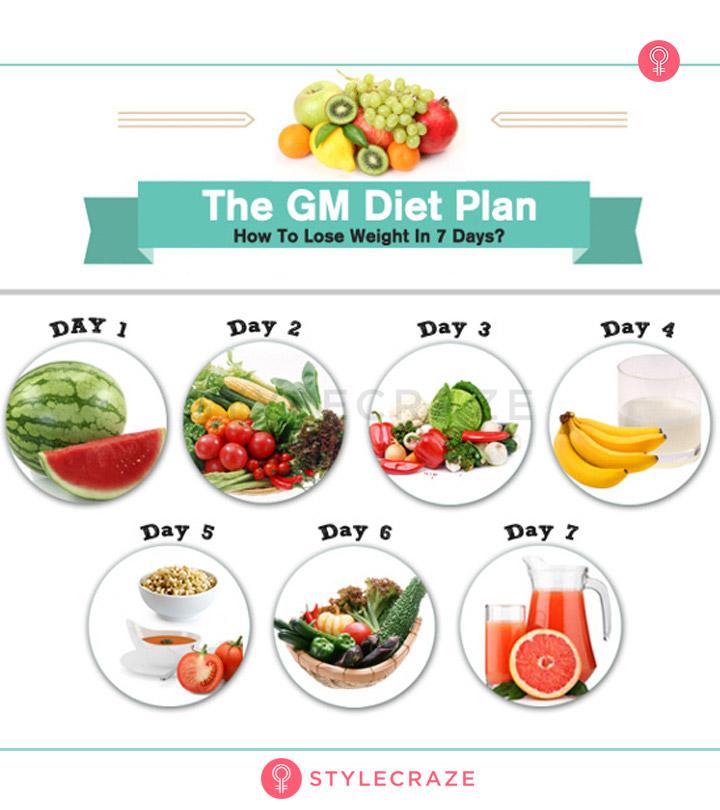Have you ever wondered why some diets work while others don’t? How can a proper diet for weight loss help you shed those extra pounds, and what does it even mean to have a “proper” diet? Weight loss isn’t just about cutting calories—it’s about choosing the right foods to support your body’s needs and working with your metabolism. Whether you’re aiming to slim down for a special occasion or make long-term changes to your health, a proper diet for weight loss is a game-changer. In this guide, we’ll cover what you need to know to design the perfect weight loss diet for you.
What is a Proper Diet for Weight Loss?
A proper diet for weight loss isn’t just about reducing calories—it’s about creating a balanced, sustainable eating plan that meets your nutritional needs while promoting fat loss. The key is to focus on the quality of the foods you eat rather than just cutting out entire food groups. A well-balanced diet for weight loss includes the right mix of protein, healthy fats, and carbohydrates, all in the right proportions to help you lose weight in a healthy, sustainable way.
The goal is to create a calorie deficit, meaning you burn more calories than you consume, but doing so with nutrient-dense foods that provide energy, support muscle retention, and keep you feeling full. Proper portion control, eating whole foods, and incorporating nutrient-rich options are the foundations of a proper diet for weight loss.

Key Components of a Proper Diet for Weight Loss
1. Protein-Rich Foods
Protein is essential for weight loss because it helps keep you full longer and supports muscle growth. When you’re losing weight, preserving lean muscle mass is critical, and protein helps achieve that. Additionally, protein requires more energy to digest, which slightly increases your metabolism.
Sources of Protein:
-
Chicken breast
-
Fish (salmon, tuna, etc.)
-
Eggs
-
Legumes (lentils, chickpeas, beans)
-
Greek yogurt
-
Tofu or tempeh (for vegetarians/vegans)
How Protein Helps with Weight Loss: Protein-rich foods help curb hunger, stabilize blood sugar levels, and prevent the loss of muscle mass while on a calorie deficit. Eating protein at each meal is key to keeping your energy levels steady.
2. Healthy Fats
Not all fats are created equal. Healthy fats from sources like avocado, nuts, seeds, and olive oil are important for hormone regulation, brain function, and helping your body absorb vitamins. Including healthy fats in your diet also helps with satiety, meaning you’ll feel fuller longer.
Sources of Healthy Fats:
-
Avocado
-
Olive oil
-
Nuts (almonds, walnuts, cashews)
-
Chia seeds, flaxseeds
-
Fatty fish (salmon, mackerel)
How Healthy Fats Help with Weight Loss: Healthy fats help reduce hunger pangs and cravings, stabilize blood sugar, and support overall metabolic health. Incorporating fats from whole foods can help you stick to your weight loss goals without feeling deprived.
3. Fiber-Rich Carbohydrates
When it comes to carbohydrates, it’s important to focus on fiber-rich options rather than refined carbs. Fiber helps slow down the digestion process, keeping you feeling full longer, and aids in digestion. It also regulates blood sugar, helping prevent the insulin spikes and crashes that can lead to overeating.
Sources of Fiber-Rich Carbohydrates:
-
Leafy greens (spinach, kale, lettuce)
-
Cruciferous vegetables (broccoli, cauliflower, cabbage)
-
Whole grains (quinoa, oats, brown rice)
-
Beans and legumes
-
Fruits (berries, apples, pears)
How Fiber Helps with Weight Loss: Fiber helps with digestion, reduces bloating, and provides long-lasting energy. It also supports healthy gut bacteria, which can improve overall metabolic function and weight management.
4. Hydration
Drinking enough water is crucial for weight loss. Sometimes, feelings of hunger are actually a sign of dehydration. Staying hydrated helps regulate appetite and can even boost your metabolism. Drinking water before meals can also make you feel fuller, helping you eat fewer calories.
How Hydration Helps with Weight Loss: Water supports digestion, helps transport nutrients, and keeps your metabolism functioning optimally. Drinking water, especially before meals, can reduce hunger and prevent overeating.

Foods to Avoid on a Proper Diet for Weight Loss
To ensure that your diet is truly supporting weight loss, it’s important to limit or avoid certain foods that can hinder your progress:
-
Refined Carbohydrates: These include white bread, pasta, and pastries, which cause spikes in blood sugar and insulin. These foods are often stripped of essential nutrients and offer little satiety.
-
Sugary Drinks: Soda, energy drinks, and even fruit juices are packed with added sugars that add extra calories without filling you up.
-
Processed Foods: Many packaged foods are high in unhealthy fats, sugars, and sodium, which can hinder your weight loss efforts and lead to inflammation in the body.
-
Fried Foods: Fried foods are calorie-dense and high in unhealthy fats, which can make it difficult to lose weight.
Sample Meal Plan for a Proper Diet for Weight Loss
Here’s a simple, balanced meal plan that incorporates protein, healthy fats, and fiber-rich carbs, and limits processed foods:
Breakfast:
-
Scrambled eggs with spinach and avocado
-
A slice of whole-grain toast
-
A cup of black coffee or green tea
Lunch:
-
Grilled chicken salad with mixed greens, cherry tomatoes, cucumber, olive oil, and balsamic vinegar
-
A small serving of quinoa or brown rice
Snack:
-
A handful of almonds or a cup of Greek yogurt with berries
Dinner:
-
Grilled salmon with a side of roasted vegetables (broccoli, cauliflower, and carrots)
-
A small salad with olive oil and lemon juice
Dessert:
-
A small serving of dark chocolate (70% cacao or higher)
This meal plan includes a healthy balance of nutrients, helps regulate appetite, and provides lasting energy throughout the day. By focusing on whole, nutrient-dense foods, you can stick to your weight loss goals while supporting your overall health.
Exercise and Diet: The Perfect Combination for Weight Loss
While diet is crucial for weight loss, exercise plays an equally important role. Regular physical activity, particularly strength training and cardio, can help burn fat, build muscle, and boost metabolism. For optimal results, aim to combine a proper diet with at least 30 minutes of exercise most days of the week.
Types of Exercise for Weight Loss:
-
Cardio (Aerobic Exercise): Walking, running, cycling, and swimming can help burn calories and fat.
-
Strength Training: Weightlifting or bodyweight exercises help build muscle, which increases metabolism and supports long-term fat loss.
-
High-Intensity Interval Training (HIIT): Short bursts of intense exercise followed by rest periods can burn a significant amount of calories and boost metabolism even after the workout is over.
FAQ: Common Questions About a Proper Diet for Weight Loss
1. What is the best diet for weight loss?
The best diet for weight loss is one that is balanced, sustainable, and tailored to your lifestyle. A proper diet for weight loss should focus on whole foods, adequate protein, healthy fats, and fiber-rich carbohydrates. It should be paired with regular exercise for maximum results.
2. How many calories should I eat to lose weight?
The number of calories you should consume for weight loss depends on your age, gender, activity level, and weight loss goals. Generally, creating a calorie deficit of 500-1,000 calories per day can help you lose 1-2 pounds per week. However, it’s important not to go too low on calories, as this can negatively affect metabolism and overall health.
3. Can I lose weight without exercising?
While exercise is an important part of a healthy lifestyle, it’s possible to lose weight through diet alone by creating a calorie deficit. However, incorporating exercise can speed up the process and help maintain muscle mass, which is essential for long-term weight management.
4. How long does it take to see results from a proper diet for weight loss?
Results can vary, but most people begin to see noticeable changes in 2-4 weeks if they stick to a proper diet for weight loss. Sustainable weight loss is typically 1-2 pounds per week, and results may take longer depending on factors like age, metabolism, and adherence to the diet.
5. Are there any foods I should avoid for weight loss?
Avoid foods that are high in refined sugars, unhealthy fats, and processed ingredients. This includes sugary drinks, fast food, packaged snacks, and refined grains. Focus instead on whole foods like vegetables, lean proteins, healthy fats, and whole grains.
6. How can I stay motivated while trying to lose weight?
Staying motivated requires setting realistic goals, tracking your progress, and celebrating small wins along the way. Focus on making healthy, sustainable changes rather than seeking quick fixes. Additionally, having a support system or accountability partner can help keep you on track.
The Key to Successful Weight Loss
A proper diet for weight loss is all about balance. By focusing on whole, nutrient-dense foods, managing portion sizes, and combining your diet with regular exercise, you can achieve sustainable weight loss and improve your overall health. Remember, there is no one-size-fits-all approach to weight loss, so it’s important to find a diet plan that works for your body and lifestyle. Stick to the basics, stay consistent, and enjoy the transformation!